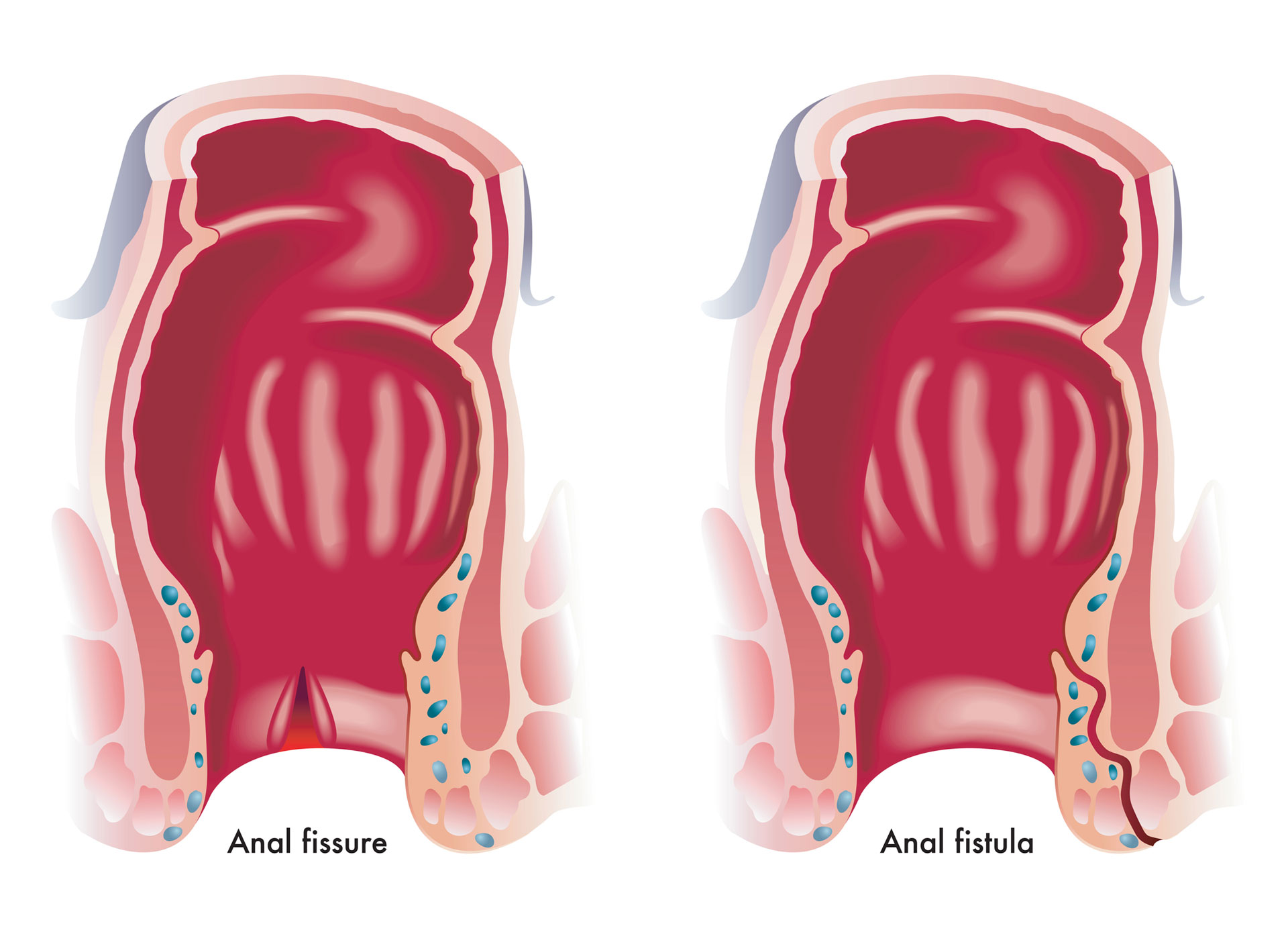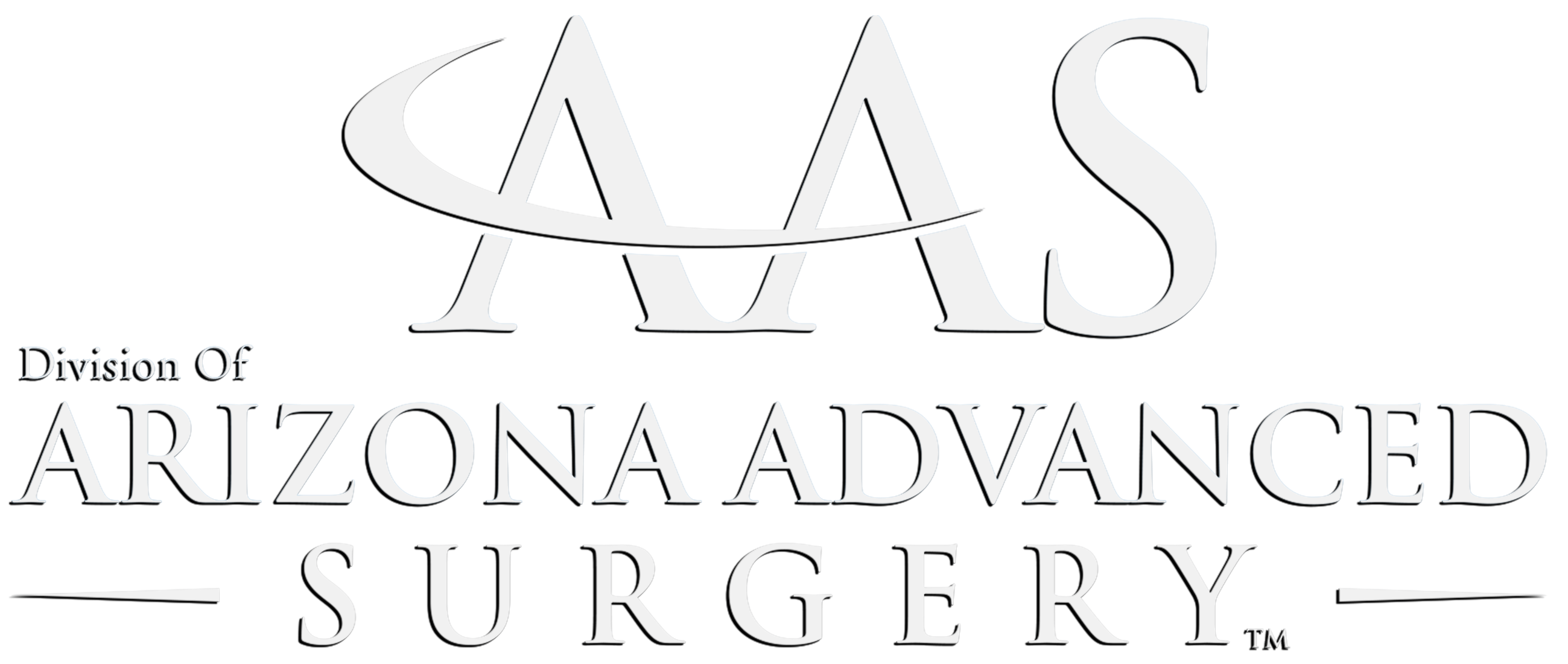Conditions And Treatments
Home / Areas Of Specialty / Anal Fissures
Anal Fissure
Anal fissure is a common condition leading to the anal pain which can be severe or significant sometimes. Most common reason is usually the passage of hard stool and sometimes diarrhea leading to the damage of the lining of the anal canal. Many a times, you can have this condition in association with other disease like colitis especially Crohn’s disease or ulcerative colitis, sexually transmitted diseases, leukemia or cancer. Anal intercourse and childbirth can also cause this condition. You may have anal rectal pain as a presentation and is also often associated with anal bleeding. You should seek consult with a board-certified colon and rectal surgeon for an evaluation and treatment.
Symptoms And Signs of Anal Fissure
You may have significant rectal pain as a most common anal fissure symptom. You may they feel like a paper sharp cut in the anal area causing significant pain and discomfort and rectal bleeding. Certainly, you can confuse this with the hemorrhoid problem as the area can be swollen and may appear like a hemorrhoid. Also, you may feel an anal tag or external hemorrhoid causing the pain. Fissure is a very small cut and is usually inside the anal canal above the anal skin tag.
Anal fissures can become chronic and may cause scarring if they do not heal after 8 to 12 weeks. If untreated for a long time, then rarely a chronic inflammation can lead to formation of cancer. You should seek an urgent opinion from a colorectal surgeon (Proctologist) if anal fissure pain is persistent.

Treatment of Anal Fissure
Most common anal fissure treatment is with the diet and medications. Your colorectal surgeon will recommend you to eat at least 25-30 gms of fiber a day. Also, your colorectal surgeon may prescribe you medications for the prompt healing and relief of the symptoms. You should avoid taking narcotic pain medications as they can cause increasing constipation and worsening of symptoms.
Do I need surgery? what are different options ?
You may need surgical intervention if the dietary and medication management fails. Most common surgical intervention include excision of the fissure and partial division of the anal internal sphincter muscle also known as partial internal sphincterotomy. Injection of Botox in the anal sphincter muscle is also an option but can lead to recurrence of fissure in many patients. Surgery can have risks and side effects including bleeding, infection and may cause incontinence or leakage symptoms. Your colorectal surgeon will discuss with you if you need a surgical intervention. Please discuss all the surgical options with your surgeon.
What is the best way to prevent anal fissure?
You may be able to prevent this condition by taking measures to prevent constipation or diarrhea. Eat high-fiber foods, drink fluids, and exercise regularly to keep from having to strain during bowel movements.
What is a colon and Rectal Surgeon? Is Dr Singh a Board-certified Colorectal surgeon? and where does he perform his procedures.
Colon and rectal surgeons are experts in the surgical and non-surgical treatment of diseases of the colon, rectum, and anus. They have completed advanced surgical training in the treatment of these diseases, as well as full general surgical training. They are well versed in the treatment of both benign and malignant diseases of the colon, rectum, and anus and are able to perform routine screening examinations and surgically treat conditions as and if needed. Dr Singh is a double board certified in Colon and Rectal Surgery and General surgery. His practice is located in Phoenix, Glendale and Scottsdale, AZ.
For More detailed Information please click on the following link :
Anal Fissure Expanded Information | ASCRS (fascrs.org)
Areas Of Specialty – Dr Neeraj Singh MD FACS FASCRS (colorectaldoc.com)
Anal Pain – Dr Neeraj Singh MD FACS FASCRS (colorectaldoc.com)
Rectal Bleeding – Dr Neeraj Singh MD FACS FASCRS (colorectaldoc.com)

